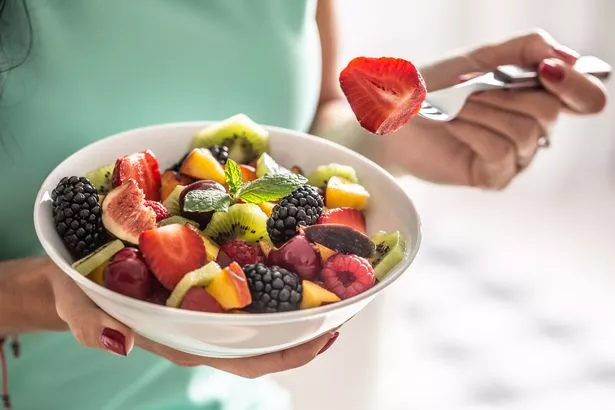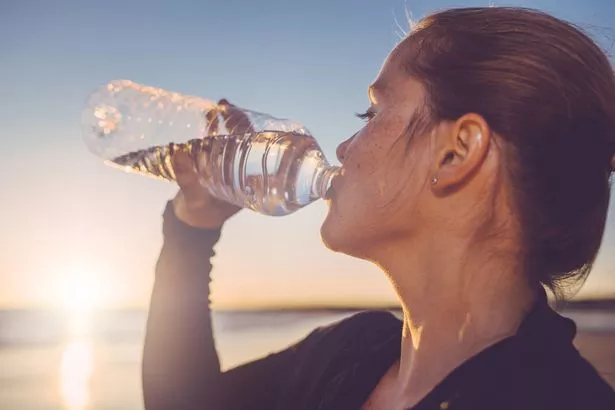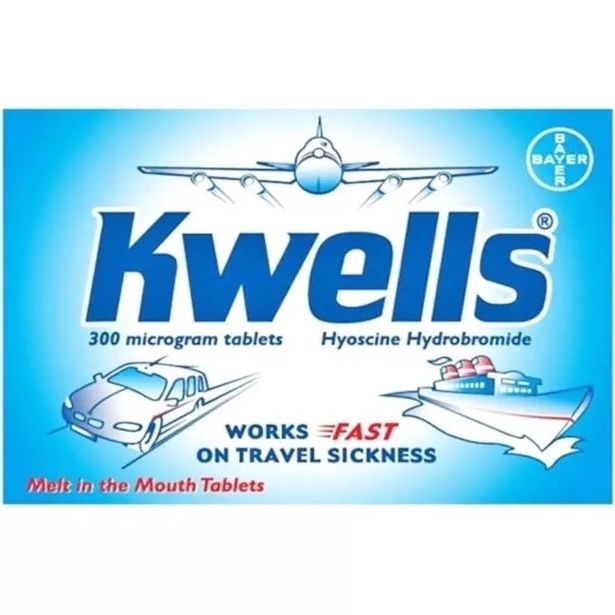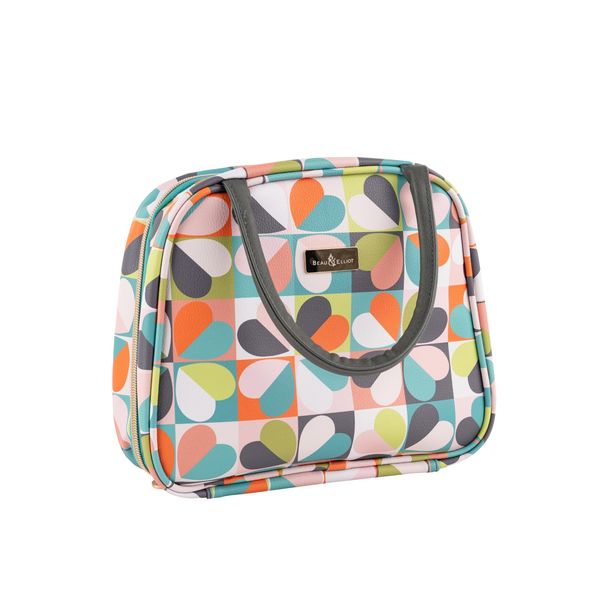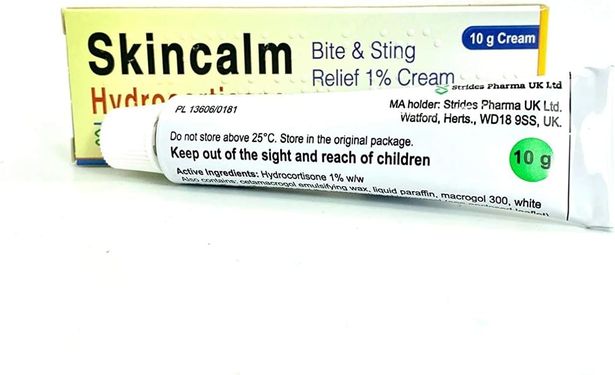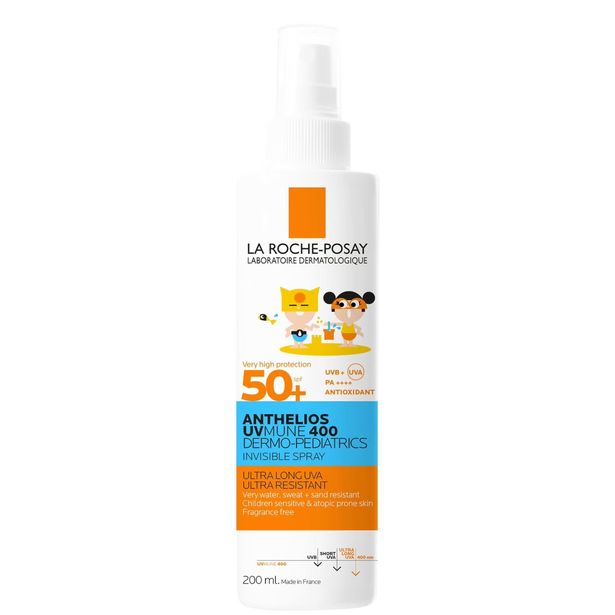Food poisoning and a runny tummy can ruin any trip, but by sticking to bottled water and being careful with fruit and salad, holidaymakers can keep travellers’ trots at bay
There’s a lot to think about when it comes to summer holidays – whether you’re jetting off to the Mediterranean, road-tripping across the UK, or packing for a long-haul getaway. But one of the most important things is sometimes the first to be overlooked – your health. As a pharmacist with more than 30 years’ experience, I’ve helped countless holidaymakers caught off-guard by sunburn, food poisoning or an unexpected allergic reaction.
One in eight holidaymakers get ill abroad, according to statistics. And nearly half of us fear a medical emergency abroad. But the good news is that with a few smart, proactive steps, you can avoid most common travel ailments and keep your summer trip on track. So whether you suffer from travel sickness, struggle with jet lag, or just want to avoid the classic sunburn-blister-sore-feet trifecta, here are 10 essential summer health hacks to help you feel your best, wherever you’re headed.
How to build the ultimate travel first aid kit
You don’t need to carry half a pharmacy with you, just pack the essentials. Make sure you have plasters and antiseptic wipes, as well as antihistamines (for bites, allergies or hay fever), and rehydration salts for heat or stomach bugs. Pop a pack of paracetamol or ibuprofen in your kit, as well as anti-diarrhoeal medication like loperamide.
Don’t forget travel sickness tablets, and hydrocortisone cream for rashes or bites. If you have prescribed medications, keep them in their original boxes with your name clearly labelled. Keeping these in a bag in your hand luggage ensures you’re covered if your main suitcase goes missing.
Avoid holiday tummy troubles
Food poisoning and traveller’s diarrhoea can ruin any trip. In many hot countries, bacteria multiply more quickly, especially in street food or undercooked meats. Stick to bottled or filtered water (including when brushing teeth) and avoid ice cubes unless you know the source. Peel fruits yourself and be cautious with salads washed in local water. Pack antidiarrhoeal tablets and rehydration salts. If symptoms last more than 48 hours, or there’s blood in the stool, seek medical help.
Beat travel sickness before it starts
Motion sickness happens when your inner ear and eyes send conflicting signals to your brain – often triggered in cars, boats or planes. Prevention is far more effective than waiting until you’re nauseous. Antihistamines such as cinnarizine or hyoscine patches are proven remedies and available over the counter. For natural alternatives, ginger capsules or acupressure wristbands may help some people. I also recommend facing forwards in a moving vehicle, avoiding reading or scrolling, and crack a window where possible.
Stay one step ahead of jet lag
There’s nothing worse than losing the first day or so of a long-awaited holiday due to jet lag. While you can’t avoid it altogether, there are some things you can do to minimise the effects. If possible, try to adjust your sleep schedule a few days before you fly. Drink plenty of water on the flight, and avoid alcohol. If it’s an overnight flight, avoid eating a heavy meal. Get some sunlight as soon as you arrive to help reset your internal body clock. Melatonin supplements may be useful for short-term sleep regulation but speak to a pharmacist first.
Stay hydrated – especially on your flight
Cabin air is dry, and dehydration not only leaves you feeling groggy but can worsen jet lag, headaches, and increase your risk of DVT (deep vein thrombosis). Drink a glass of water every hour during your flight and avoid caffeine or alcohol, both of which dehydrate you. Consider oral rehydration salts if you’re flying long haul or suffer from conditions that make you more prone to dehydration. Pack a refillable water bottle (you can fill it after security) and use hydrating facial mists or moisturiser to combat dry skin.
Prevent sunburn
It’s tempting to start a holiday by spending hours in the sun lying on the beach or by the pool. But a trip away can easily be ruined by sunburn, which isn’t just painful but can increase your risk of skin cancer and can lead to sunstroke. Always use broad-spectrum SPF 30 or higher, reapplying every two hours and immediately after swimming. Don’t forget areas like ears, feet, scalp, and the back of the neck. Wear a wide-brimmed hat, UV-protective sunglasses, and stay in the shade between 11am and 3pm when the sun is strongest.
Protect against bites and stings
Mosquitoes, midges and other biting insects can cause allergic reactions or transmit illness depending on where you’re travelling. Use an insect repellent containing DEET, especially around sunrise and sunset. Wear loose, light-coloured clothing, and sleep under a mosquito net if needed. If you’re bitten make sure to clean the area, apply hydrocortisone cream, and take oral antihistamines to reduce swelling and itching. If the area becomes red, hot or painful – or you develop a fever – seek medical advice.
Plan ahead for pre-existing conditions
If you have a long-term condition, speak to your GP or pharmacist at least 2-4 weeks before you travel. Get any vaccinations you need and ensure you’re fit to fly, particularly for long-haul trips. Take a basic health summary or EHIC/GHIC card (for EU countries) and always declare conditions on travel insurance. If you’re flying with mobility issues, allergies or need medical equipment like oxygen or needles, inform your airline in advance. And remember – pharmacies abroad don’t always stock the same brands or doses. Being prepared gives you peace of mind.
Mind your medication in the heat
Many people don’t realise that extreme heat can reduce the effectiveness of some medications, particularly for blood pressure, thyroid conditions or diabetes. Tablets like nitroglycerin and insulin are especially sensitive and should be kept below 25°C, away from direct sunlight or car glove boxes.
For those on temperature-sensitive meds, pack a cool bag or insulated pouch, especially on day trips. Additionally, store your medication in carry-on luggage rather than checked bags, as luggage holds can get extremely hot. A travel-sized thermometer in your kit can help you keep an eye on conditions if you’re somewhere very hot.
Deborah Grayson is a pharmacist with 30 years’ experience, and a nutritional therapist. She runs Digestion With Confidence: digestionwithconfidence.co.uk
FILL YOUR FIRST AID KIT
Take steps now to make sure you have everything you need for every kind of holiday health challenge
Kwells 300mcg travel sickness tablets, £9.49, Amazon
O.R.S hydration tablets, £6.49 (orshydration.com )
Navigate Carnaby travel bloom washbag, £23, Dunelm
Sea-Band Nausea relief Ginger Capsules, £6.69 for 20 (Superdrug)
Skincalm Bite & Sting Relief 1% Cream Hydrocortisone – 10g, £4.65, Amazon
Bioré Aqua Rich UV Invisible Face Mist SPF 50, £17.99 (Superdrug) also stocked on Amazon
La Roche Posay UVMune 400 Dermo-paediatrics Invisible Spray SPF50+, £25.50, LookFantastic


